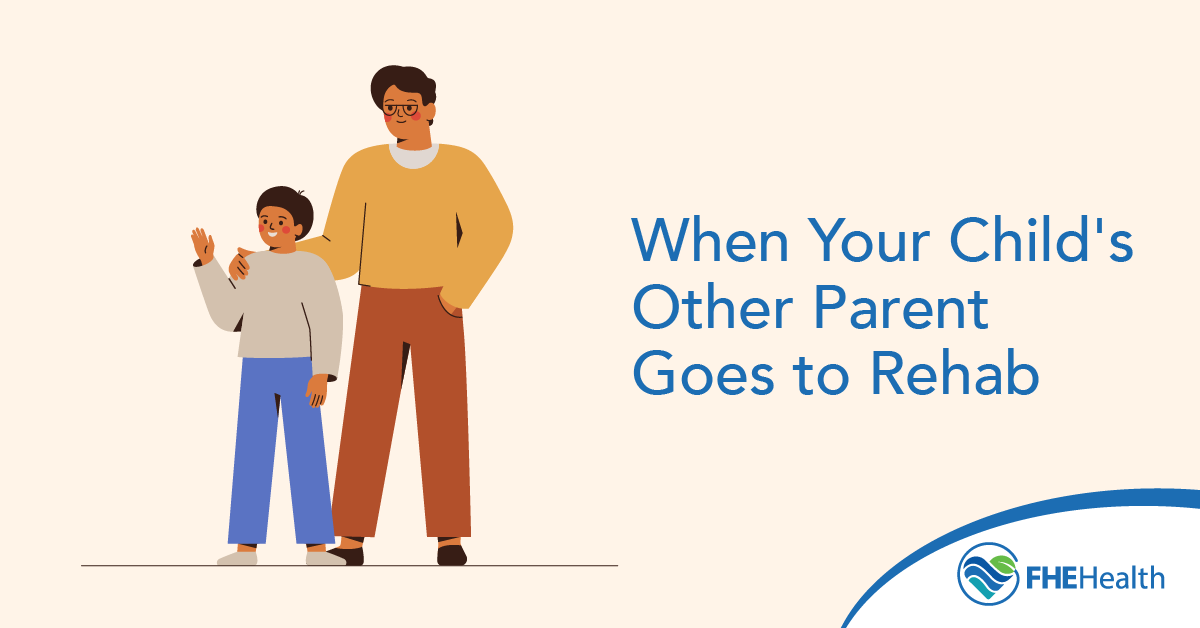
With 2.3 million people seeking alcohol treatment in 2023, many parents have faced the challenge of trying to explain addiction to a child. Young children might not understand why one parent has seemingly disappeared for weeks or why they have limited visiting hours. When explaining addiction, you’ll need to approach the topic with honesty, patience and sensitivity.
How to Explain Addiction to a Child
If you have a toddler, a detailed and long-winded explanation might confuse them. They’re too young to understand Mom’s addiction or Dad’s mental health issues. You could tell them that their parent is sick and spending time in a place where they’ll recover.
Older children may understand that their parent has a substance abuse problem. Explain that their parent is going to rehab and will get out when they’re better. Tell them that their other parent loves them and can’t wait to see them again, but they need the doctors’ help to get better.
Teenagers can understand addiction and might have specific questions. They might feel angry at their parent for letting their addiction get out of control. Reassure them that their parent is seeking help because they love them and want to be a better parent. Discuss the situation honestly, but avoid blaming or criticizing your partner. This could drive a wedge between them and their child.
Tips for Approaching the Situation
When you have time, sit down with a notebook and calendar and write down all the important dates, such as the day your partner leaves for rehab, their expected return date and visitation hours. This helps you plan ahead and create a visitation schedule for your child. Likewise, make time for yourself to relax and attend to your emotional needs. Your child may rely on your emotional strength during this time.
Finally, sit down with your child and talk to them about their parents’ addiction. Highlight the courage it takes to heal and the hope that recovery promises for your family’s future. Most importantly, tell them the facts. Discuss the plan going forward, then let them know you’re always available to answer their questions and offer emotional support.
Consider researching therapists who specialize in working with children. It may be beneficial for your child to see one as these big changes happen in the family. Parents of addicted loved ones might also benefit from seeing a counselor.
Get Help for Your Partner
If you or someone you know is experiencing a substance use disorder, contact us at FHE Health to learn more about our inpatient and outpatient programs. We can help you or a loved one take the first steps toward a sober life.






